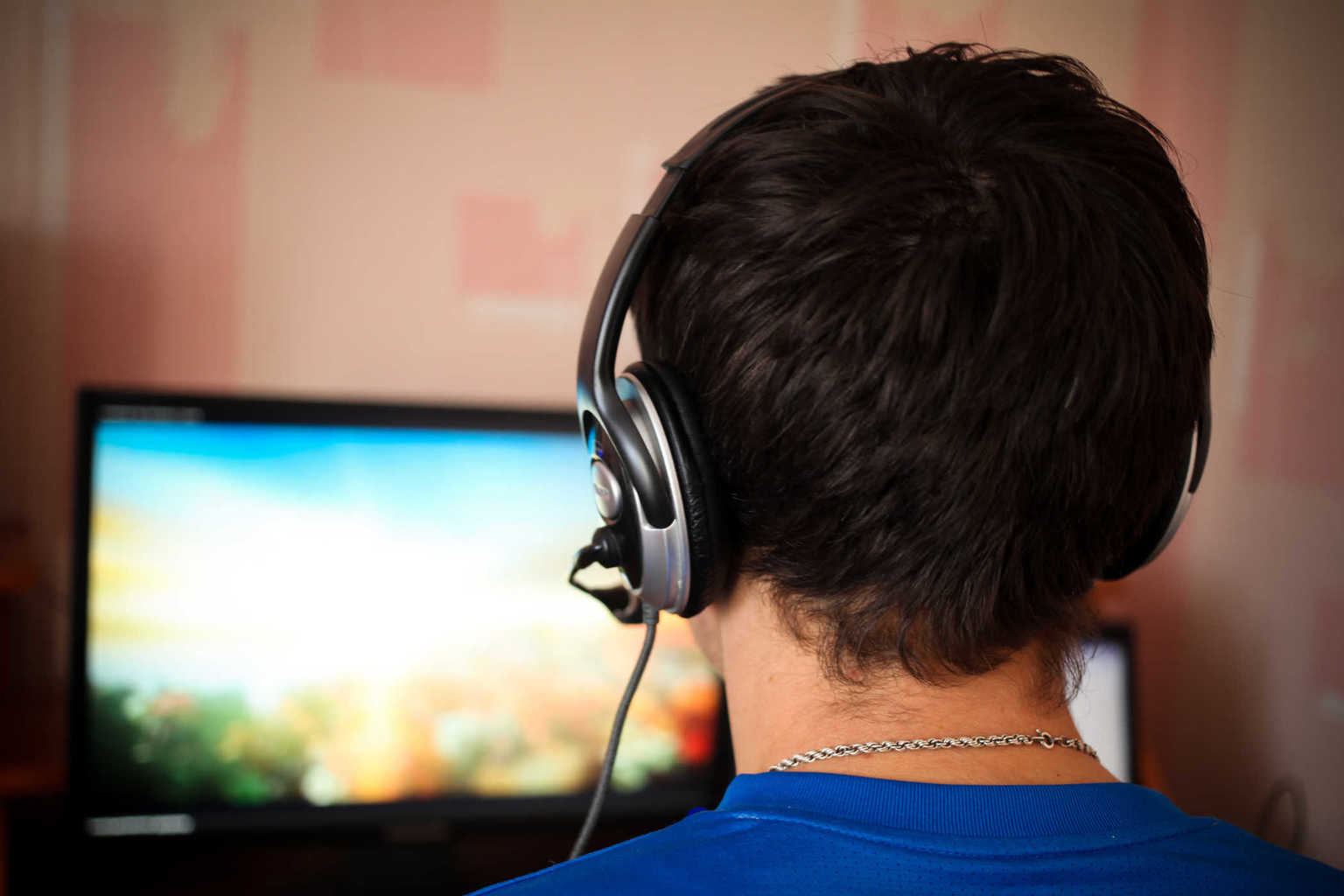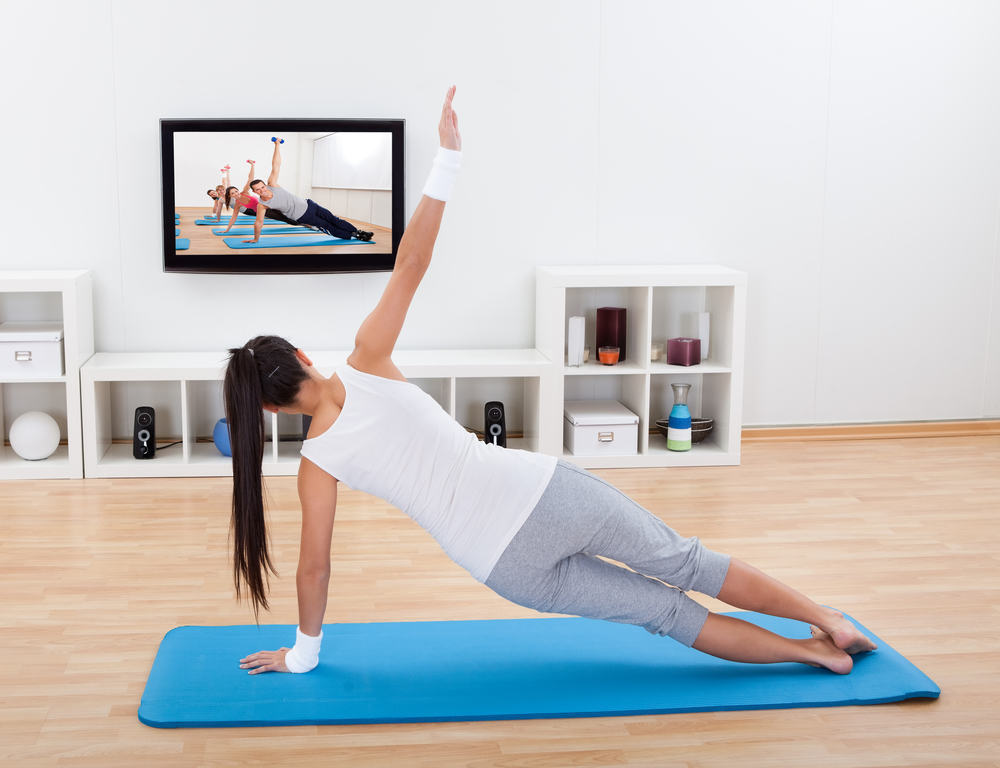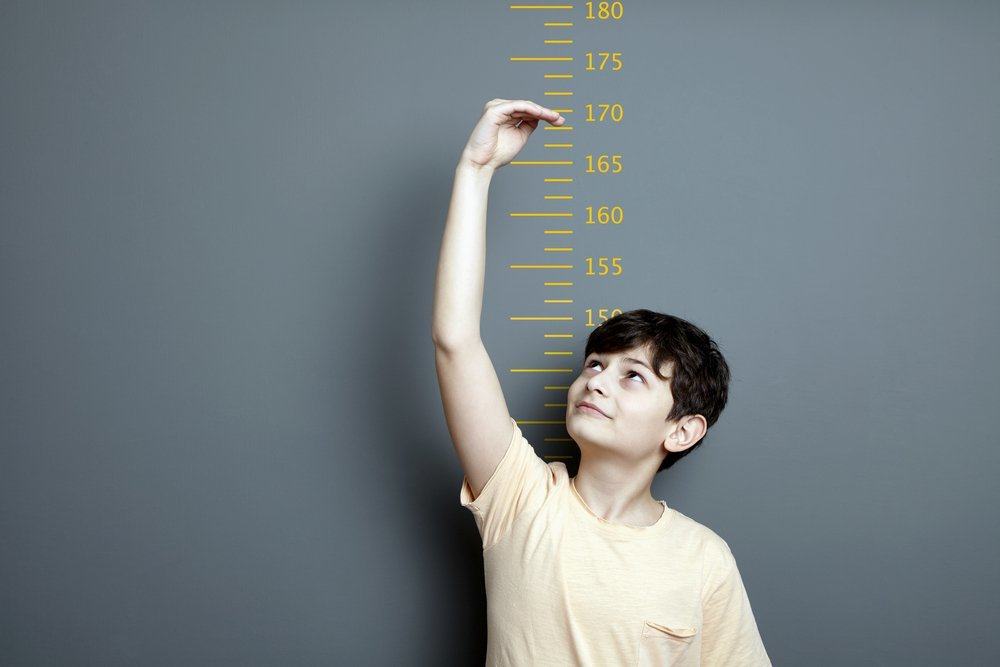Contents:
- Medical Video: Limbs Alive: Video games aid stroke recovery | A film by the Wellcome Trust
- Video games offer rehabilitation techniques that are fun for stroke sufferers
- How to use video games for stroke recovery
Medical Video: Limbs Alive: Video games aid stroke recovery | A film by the Wellcome Trust
Stroke rehabilitation research reveals that many new recovery methods are interesting. The science of neuroplasticity reveals that the brain is able to change and adapt well when growing up. Neuroplasticity may have a role in stroke recovery. Post-stroke, the brain can learn the development of new functions. The brain shows its ability to deal with severe damage when techniques such as electrical stimulation or music therapy are used as triggers of the recovery process.
With the development of neuroplasticity science, it may be utilized and directed so that it can be more useful in stroke recovery.
Video games offer rehabilitation techniques that are fun for stroke sufferers
Video games certainly have some negative characteristics. They can be addictive and some people tend to be susceptible to these effects. For some people, video games can contribute to focus disruption, because the formation of habits is quickly satisfied in many games. The relationship between focus disorders and video games such as chicken and eggs, because those who suffer from focus disorders will be interested in activities that get short satisfaction. Video games are often rude and often blamed for influencing someone's bad attitude. If video games have a negative influence on the brain, how could this have a positive impact on the brain too? The latest scientific research has proven that video games can be used in ways that are useful for stimulating brain function and post-stroke recovery.
Video games use certain thinking skills or muscle abilities can contribute to improving relationships between different parts of the brain to help with stroke recovery. A study published in March, 2014 in the journal, Rehabilitation Clinic, evaluated 36 adult patients affected by stroke within the previous 3 months and found progress in balance after playing video games while standing.
How to use video games for stroke recovery
- Slowly, increase the level of difficulty. The best way to benefit from video games is to play games that slowly increase the level of difficulty so that it helps build the skills and abilities of players.
- Avoid addictive games. Games with the potential to be addictive usually only use the same skills again and again. In medium frequency, this might be a fun escape, but they will only develop one skill that is often not very useful.
- Thinking differently. It is more useful to learn to overcome a problem by looking at things from different sides and points of view, rather than, for example, always seeing things on a flat object, or always seeing a red object. Games that challenge players to see from various directions, and approach problems in different ways will tend to be more useful.
- Creative. Games that require some creative thinking in solving problems are more helpful than simple games that contain several choices. A game that requires players to combine things together can add challenges and develop more skills.
- High level strategy. The more complicated the game, and the more elements the players need to think about, more challenging and stimulating. However, just as in the real world, if there are too many difficult challenges to solve, the game can be frustrating and useless. The key is to slowly increase your level of play.












